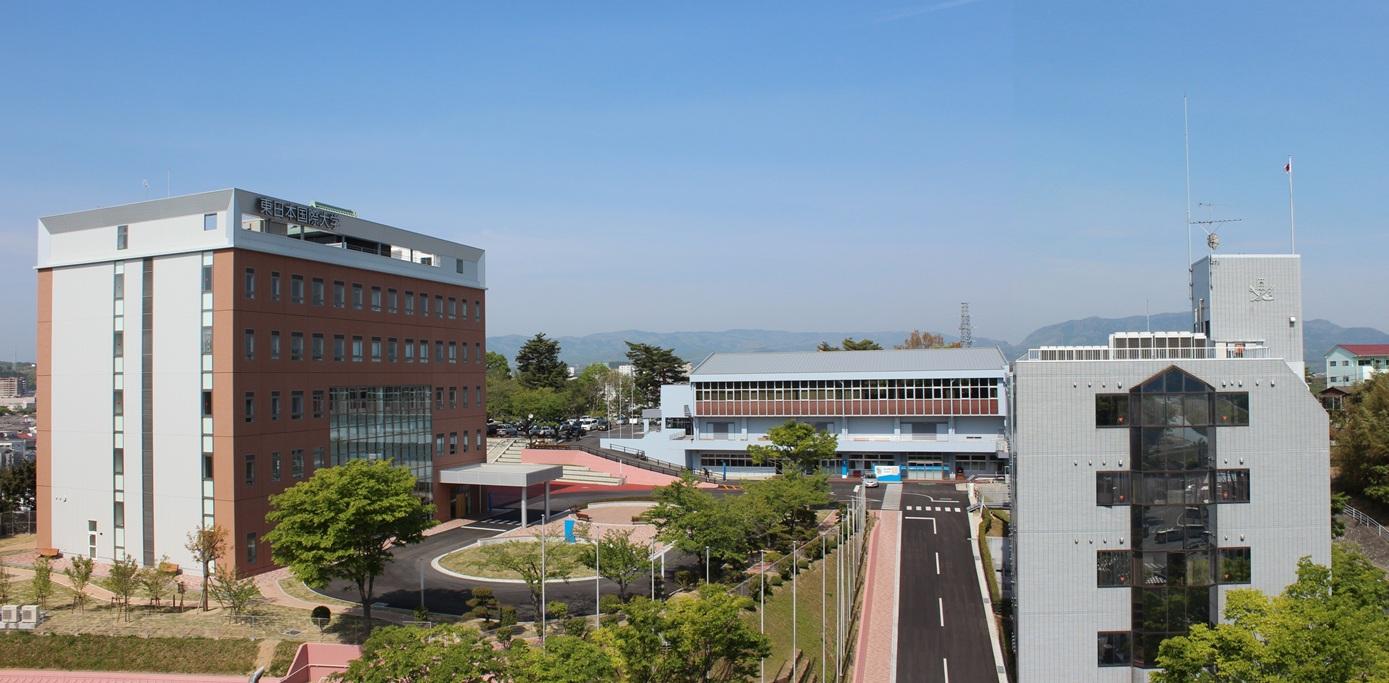
CIFAL Japan - Disaster Risk Reduction: recent policy and practice in Japan
CIFAL Japan, Iwaki City
- To share Japan’s recent developments, policies, and strategies in disaster risk reduction.
- To enhance understanding of community-based and multi-level DRR approaches.
- To support local capacity-building by presenting tools, case studies, and lessons learned.
- To encourage dialogue between DRR practitioners, researchers, and local authorities.
- To promote alignment with the Sendai Framework for Disaster Risk Reduction 2015–2030.
Japan is internationally recognised for its advanced systems and policies in disaster risk reduction (DRR), shaped by decades of experience with earthquakes, tsunamis, volcanic eruptions, and extreme weather events. This workshop, organised by CIFAL Japan, provided an opportunity for public officials, community leaders, students, and practitioners to learn directly about Japan’s latest strategies, innovations, and multi-sector approaches in disaster preparedness, response, and resilience building. The event aimed to support the global exchange of knowledge and strengthen local resilience capacities through Japanese best practices.
By the end of the workshop, participants were expected to:
- Understand the key elements of modern DRR policy in Japan.
- Identify practical approaches for improving local disaster preparedness.
- Analyse real-world case studies of disaster response and recovery.
- Apply insights from Japanese practice to local, national, or institutional DRR planning.
- Strengthen networks among DRR professionals and stakeholders.
The workshop covered:
- Overview of Japan’s national and local DRR strategy
- Recent policy updates and institutional arrangements
- Best practices in earthquake and tsunami preparedness
- Case studies from Iwaki City and Fukushima Prefecture
- Community resilience and education for disaster preparedness
- Q&A and expert dialogue session
- Interactive group discussions (for hybrid participants)
The session used a combination of:
- Expert presentations
- Case study analysis
- Interactive Q&A
- Group reflections (both in-person and online)
- Hybrid facilitation tools for knowledge-sharing
- Local and national government officials
- Disaster management and civil protection professionals
- University students and researchers
- NGO and community-based organisation representatives
- Interested members of the public

